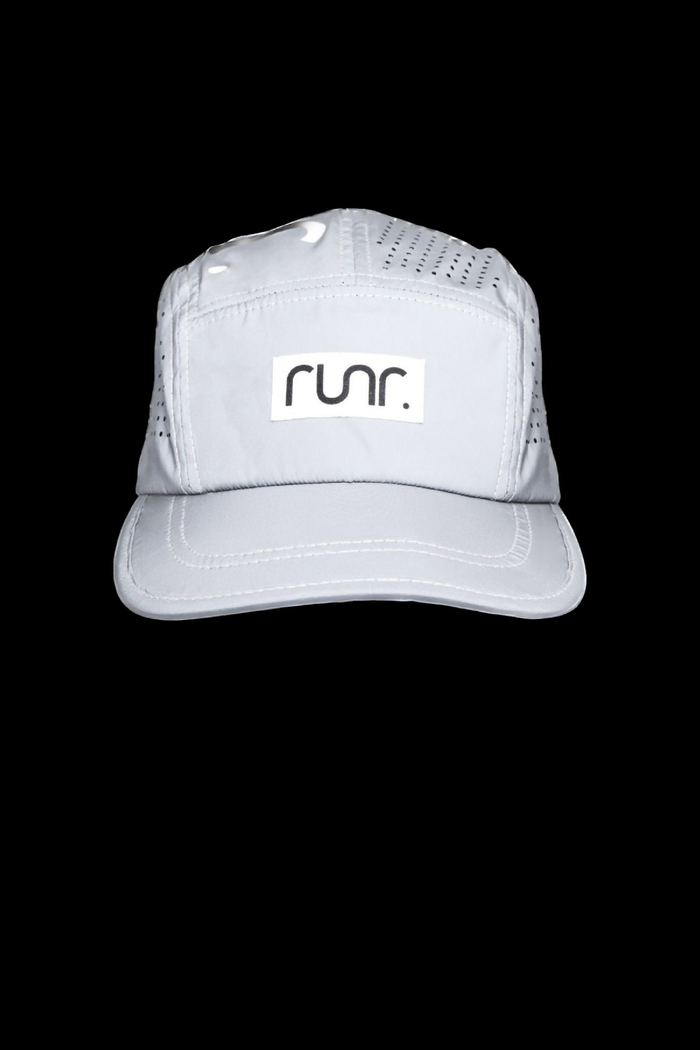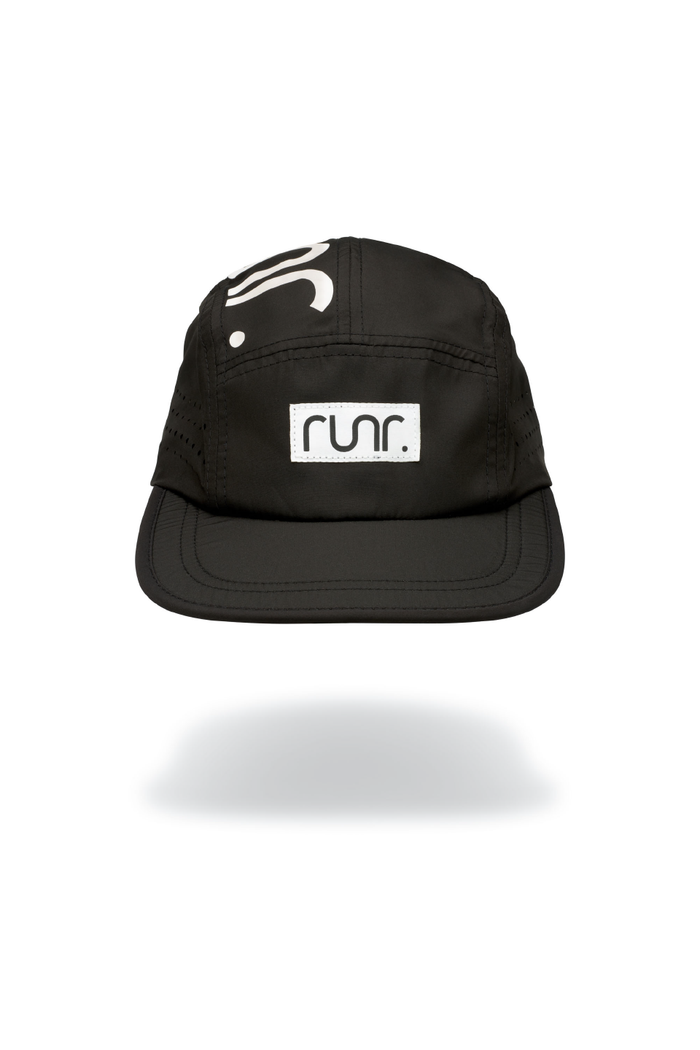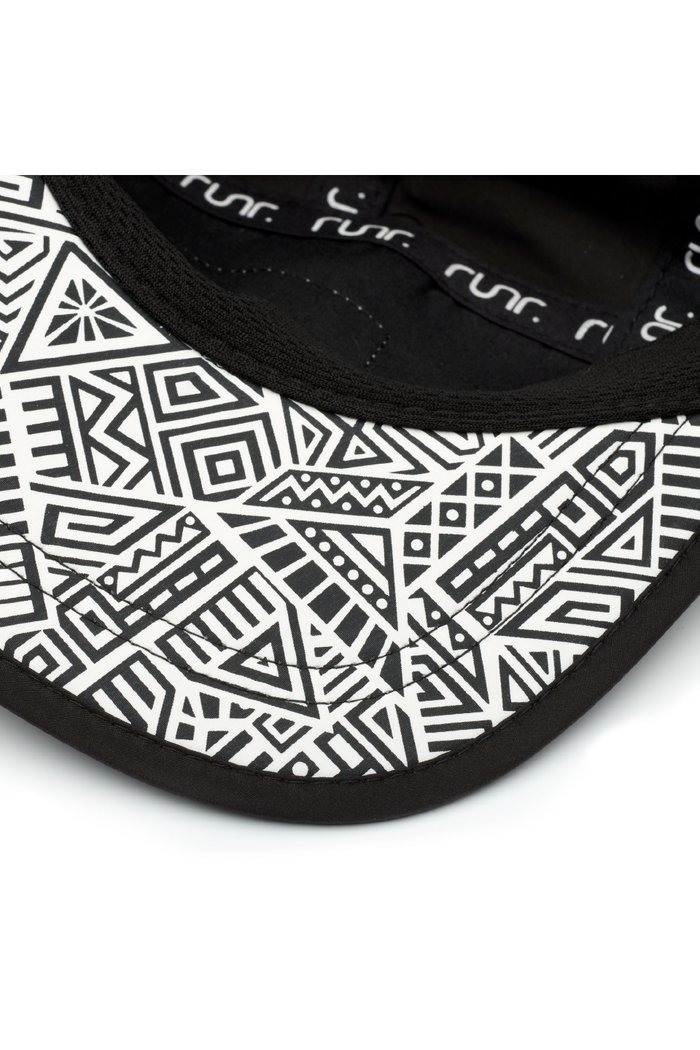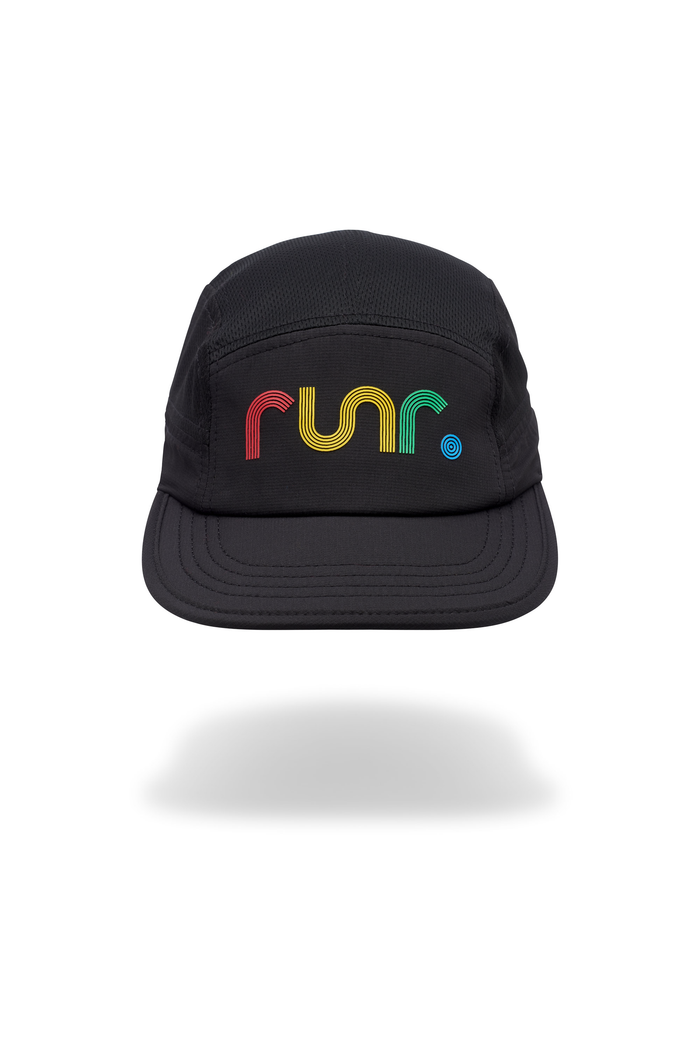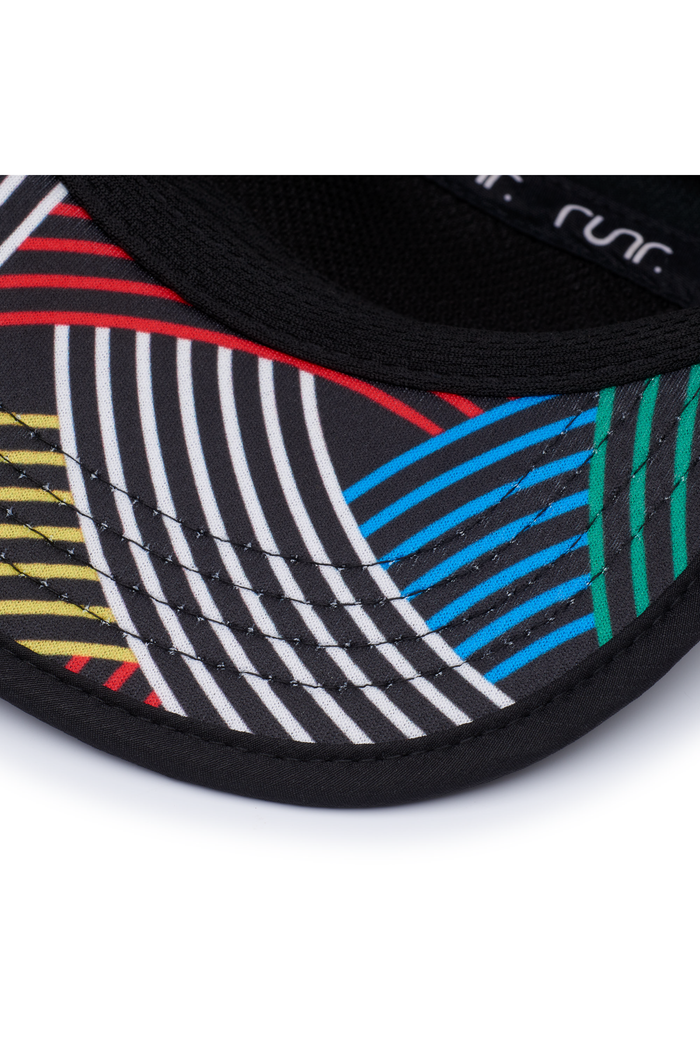Anyone who has ever undertaken a long endurance event knows that it is really difficult to achieve the ‘Goldilocks Zone’, this is the just right place between underfuelling and hitting the wall and overfuelling and hitting the bathroom. When you are anxiously waiting at the starting line you will find yourself surrounded by athletes gulping down gels and scoffing down energy bars. The reason is, these supplements are full of carbohydrates which are the most essential nutrients when it comes to endurance exercise.

Carbohydrate supplementation has been shown in a meta-analysis of randomised controlled trials to significantly improve time trial performance. The results of a recent 2015 study published by the National Center for Biotechnology Information concluded carbohydrate supplements enhanced physical performance by 6%-8% when exercising for longer than 90 minutes. This is because carbohydrates maintain blood glucose levels during exercise whilst also replacing muscle glycogen; athletes with low glycogen levels will experience fatigue and therefore, it is essential to ensure the muscles and liver store the appropriate amount.
Although we all know the importance of fuelling properly, it can be very difficult to actually implement around race day. This is because there are many factors that must also be taken into consideration, the amount of carbohydrates required depends on the athlete’s total daily energy expenditure, the type of sport they are participating in, their sex, and environmental conditions. That being said, there are some best practices when it comes to fuelling.
Before, during and after.
Before an event, athletes often carb load. For endurance events that last longer than 90 minutes, you should aim to consume 10 - 12 g/kg (of body mass) of carbohydrate per 24 hours - 36 hours before the event.
When it comes to the day of the race, you will not need to take on any fuel for the first 60 minutes as your body will be running on carbs loaded prior to the race. A good rule of thumb is that you should aim to take on 60-90 grams of carbohydrates every hour. This is often easier done spread over 2-3 micro feeds every 20-30 minutes. What does this look like you ask? 60-90g of carbs is the equivalent of 3-4 energy gels or 2-3 500ml isotonic energy drinks.
After the event it is important to restore muscle glycogen in your body so that you don’t crash. Aim to consume 0.8g per kg of body weight, for example if you weigh 70kg then you should consume 56g of carbohydrates.
What might this look like? For more information on correct felling click here

Advice for runners
Everyone’s body is different so it is important to figure out what method of fuel intake works best for you. Many athletes experience GI problems due to certain drinks and food so it is important to experiment with different sport nutrition products. One way to help combat ‘runner’s gut’ is to ensure that your stay hydrated; if you use gels then proper hydration can support with the absorption. What you need to be wary of mixing sports drinks as a form of hydration with gels and other sports nutrition products. This can create a too-concentrated intestinal environment.
--------------------------------------------------------
Many thanks to the team at endur8 for this first article in a mini series as they look to educate runners on the best way to stay fuelled to ensure that\you get the best out of your runs.
You can find out more about the endur8 team at www.endur8.com and follow them on social media via the details below:
Twitter: Endur8UK
Instagram: endur8
Facebook: endur8
Happy running!
Team Runr.



